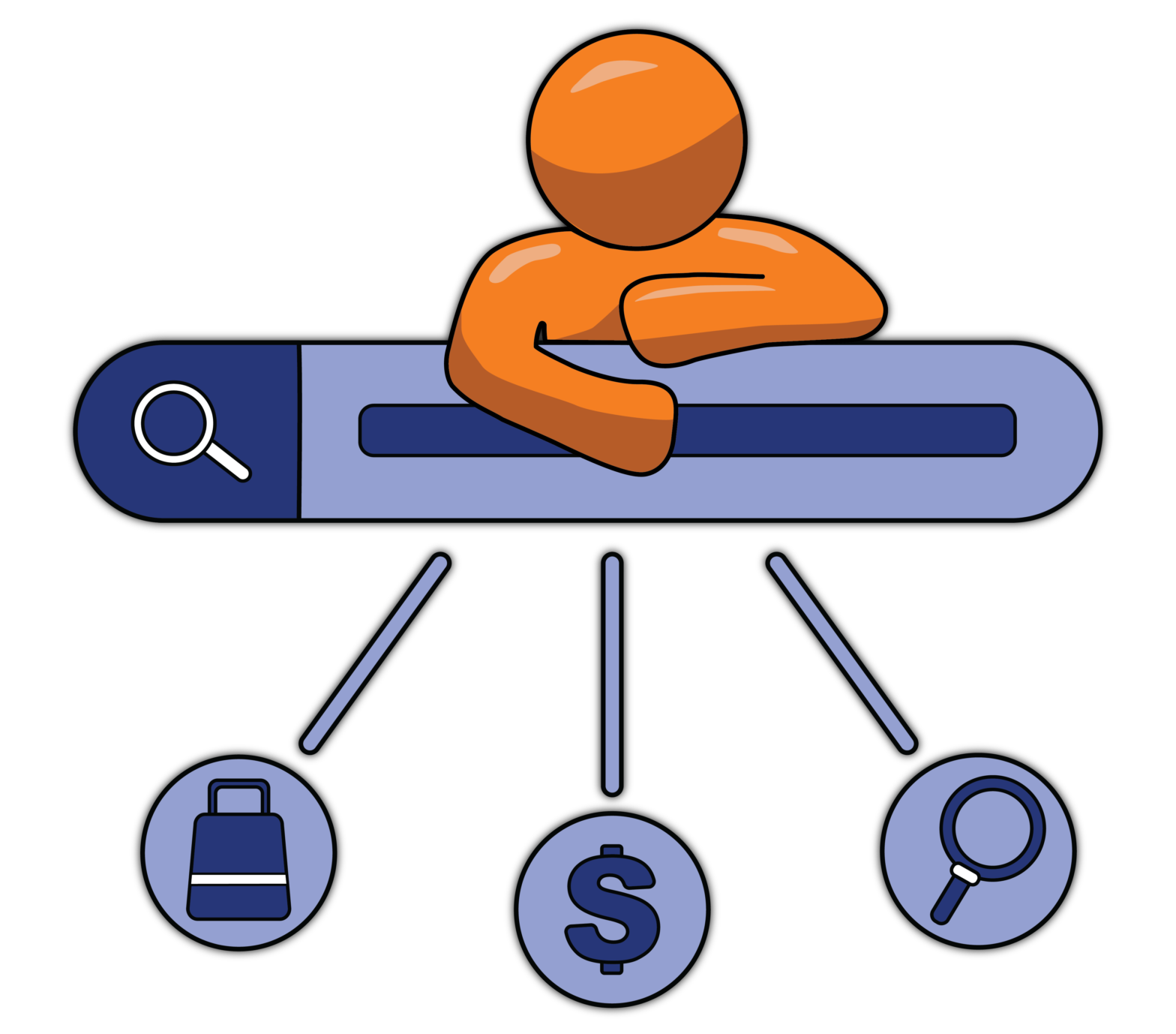As Google continues to push its belief that the Google Ads AI is better at aligning search queries to advertisers’ needs than are advertisers, the Google Ads Match type becomes less meaningful. From phrase match to exact match, Google increasingly serves ads for queries that are not aligned with the goals of the advertisers.
This isn’t to say the queries are not relevant to the general themes of the keywords, but they tend to push the edge of relevance. Google reps will argue that these terms are connected to future sales or conversions. The reality is, most programs have shorter timelines for ROAS than can be attributed to these peripheral queries.
We’ve always managed programs with deep sets of negative keywords. As Google (and Bing) make match types meaningless, these negative keyword lists become ever more important.
Shared Negative Keyword Lists
Google’s shared negative keyword lists make for more efficient management of the negative keywords.
The way Google Ads aligns search queries, we see ads for one campaign showing for keywords that are in other campaigns. This is true for the expansion of phrase match and exact match as well. While this has been true with broad match keywords all long, we were “safe” with the other match types. Now, not so much.
So, while each ad group should have a distince set of negative match types, you will need to leverage shared lists for negative keywords. We find that adding all the targeted keywords for a campaign or ad group to a nagative list, you can then share these lists across the other campaigns. This will keep Google (in theory) from showing ads in campaigns or ad groups that you would prefere to go to a defined ad group.
That sounds familiar, and it is. This technique was used extensively for broadmatch ad groups, and quite a bit for phrase match. But, unfortunately, if you want control of how your ads appear, to which pages you drive users, and how you align offers with ad groups, you need to do this for every campaign, every match type, in your account.

Leave a Reply